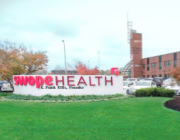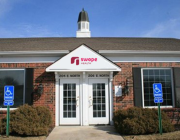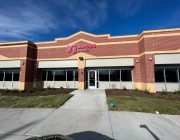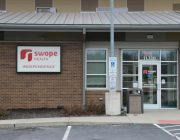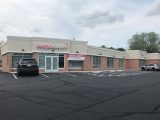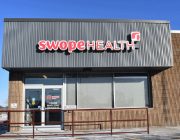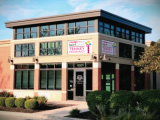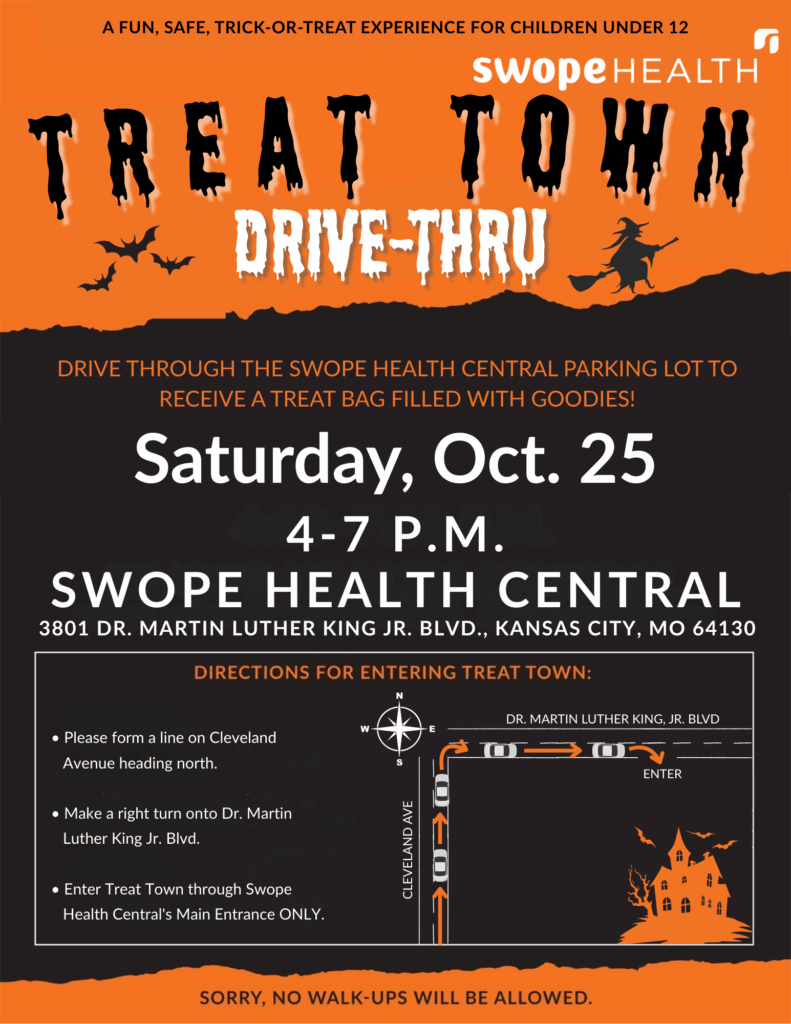Swope Health announces a new edition of its podcast, One on One with Swope Health, featuring Johnny Waller Jr., a community activist.
Eric Wesson, founder and publisher of The Next Page KC, a newspaper focused on the Black community, hosts the show’s conversations with Kansas Citians about issues of importance to the community’s health and wellbeing.
In this episode, Waller talks about how he came to Kansas City following a period in prison in Nebraska in 2001. His lived experience includes guns, violence, and gangs.
He cites the extraordinary amount of violence, coupled with the lack of investment on the East side, as the city’s most pressing issues. He notes the significant developments in the Riverfront, the Crossroads, and downtown – yet no development in the city’s East side.
He traces the root cause of the violence to poverty, lack of education, and the lack of livable wages for jobs. We struggle to address the root causes of violence and the culture of violence, and mass incarceration is not the answer, he said. In some tracts on the city’s East side, the average annual household income is listed at $15,232.
“You’ve got to start thinking – what would people do to eat and survive? The lack of investment, people living in abandoned houses, it’s a breeding ground for something to happen,” he said. “We don’t do a good job of tackling the real issues that contribute to violence and the culture of violence.”
Waller calls on the city, businesses, private organizations, nonprofits and individuals to do more to break the cycle of failure and hold leaders accountable for the violence, poverty, and poor health outcomes in the community.
“Kansas City is used to failure,” he said. “That shouldn’t be normal. We shouldn’t normalize failure.”
An example is the Linwood Shopping Center at 31st Street and Prospect Avenue, where crime and blight have become normal and get no attention, unless lights and TV cameras are there. Promises are made, but months later, still no changes are made.
“We say, ‘it’s gonna be like that, it’s always been like that,’” he said. “Failure is the norm.”
He noted other cities have made intentional changes to transform underdeveloped communities, citing the Sacramento Promise Zone as an example. The Promise Zone focuses on education, job creation, promoting health behaviors, and sustainably built communities to foster economic development.
Waller also talks about food deserts, health disparities, the role of domestic violence in Kansas City’s homicides, and the stark differences between Kansas City’s chosen investment areas and the East side neighborhoods.
“Am I in a different city? No, this is the same city,” he said. “It is unacceptable and inexcusable.”
Listen to the conversation on YouTube.

